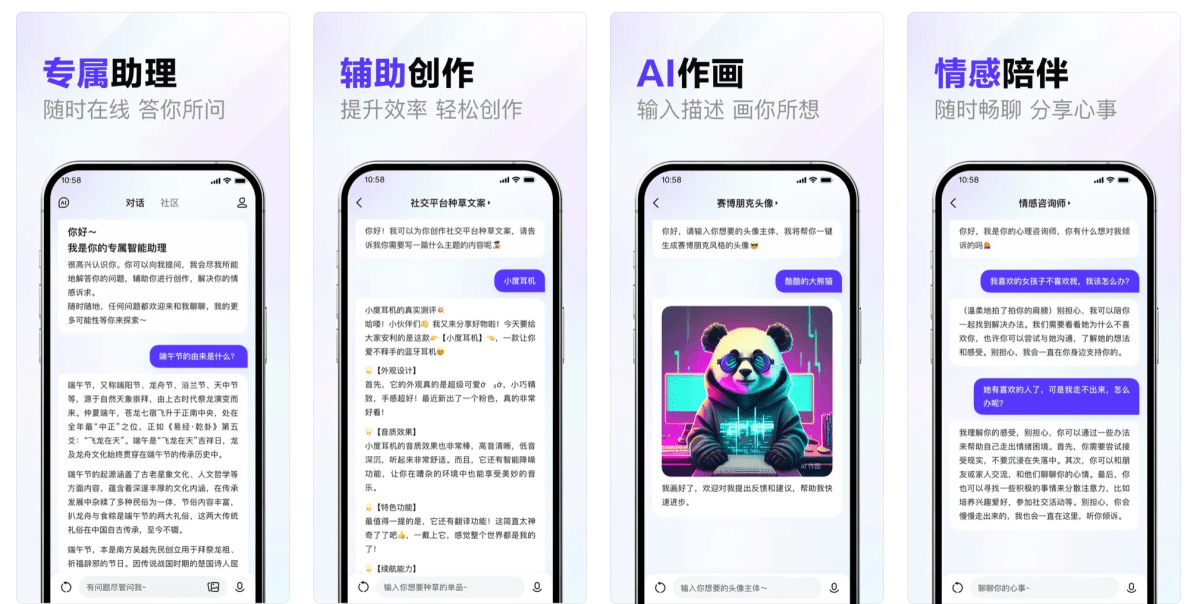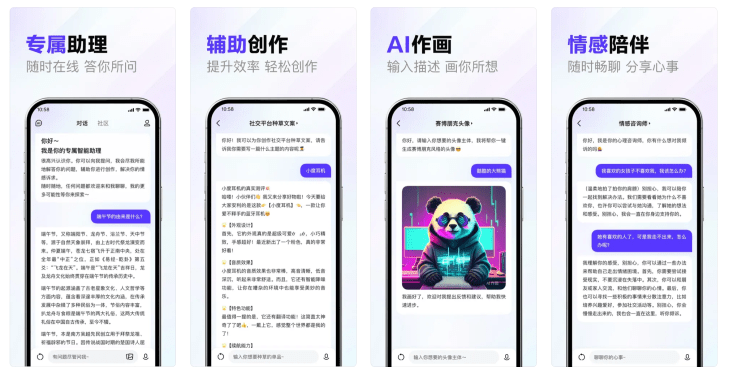

One month after China announced its provisional measures to oversee generative artificial intelligence, the country has granted approval to the first batch of large language model-empowered services for public use.
Eight generative AI applications have registered with China’s cyberspace authority, including Baidu’s Ernie Bot, ByteDance’s Doubao, Sogou founder’s Baichuan and chatbots built on the lab work of top research institutions like Tsinghua University and Chinese Academy of Sciences.
After two decades of relatively laissez-faire tech policies, China today is clearly more concerned about its control over innovation rather than the speed of development. In recent years, China has created a handful of licensing frameworks to rein in its once-unfettered tech industry, giving it more oversight over the vast volumes of data shaping people’s ideas and lives.
To launch a game in China, for instance, a company can’t simply publish it on app stores but must go through an extensive filing process that includes rigorous content reviews.
The unpredictable nature of generative AI makes it an obvious target for Chinese authorities, who are among the most proactive in regulating the fast-evolving technology. The AI law requires algorithms that can influence public opinions to be registered with the relevant government organ and stipulates that generative AI service providers must obtain an administrative license to operate in the country.
The successful filings of the LLM chatbots could usher in a period of rapid growth and mass adoption in China months after the tech giants unveiled their ChatGPT counterparts but had to keep access limited to industry insiders. Within a day of the filing announcement, Baidu’s Ernie Bot had climbed to the top of free iOS apps in China, giving the firm’s share price in Hong Kong a modest boost on Thursday.






